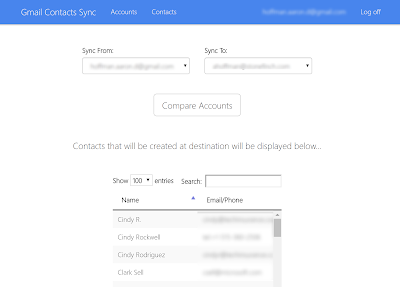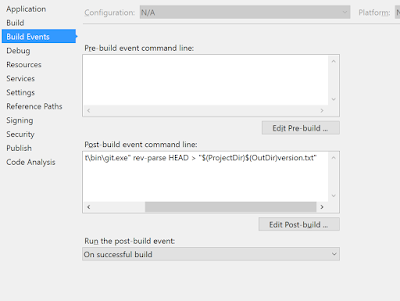Quandl is a great resource for historical stock price data. I thought I'd pull some meta-data out of the " Wiki EOD Stock Prices " data set in order to help future developers. First, here is the table structure I used to insert the CSV flat file into SQL Server: CREATE TABLE [dbo].[SymbolHistory]( [ticker] [varchar](5) NULL, [date] [date] NULL, [open] [decimal](16, 6) NULL, [high] [decimal](16, 6) NULL, [low] [decimal](16, 6) NULL, [close] [decimal](16, 6) NULL, [volume] [decimal](26, 15) NULL, [ex-dividend] [decimal](22, 18) NULL, [split_ratio] [decimal](21, 19) NULL, [adj_open] [decimal](25, 18) NULL, [adj_high] [decimal](25, 18) NULL, [adj_low] [decimal](25, 18) NULL, [adj_close] [decimal](25, 18) NULL, [adj_volume] [decimal](25, 18) NULL ) Second, here is a list of all 3,194 NYSE symbols in the Quandl flat file as of 2017-11-06, and the min and max dates that they appeared. https://gist.github.com/aaronhoffman/9ef359cbf39f2eefdf5...









